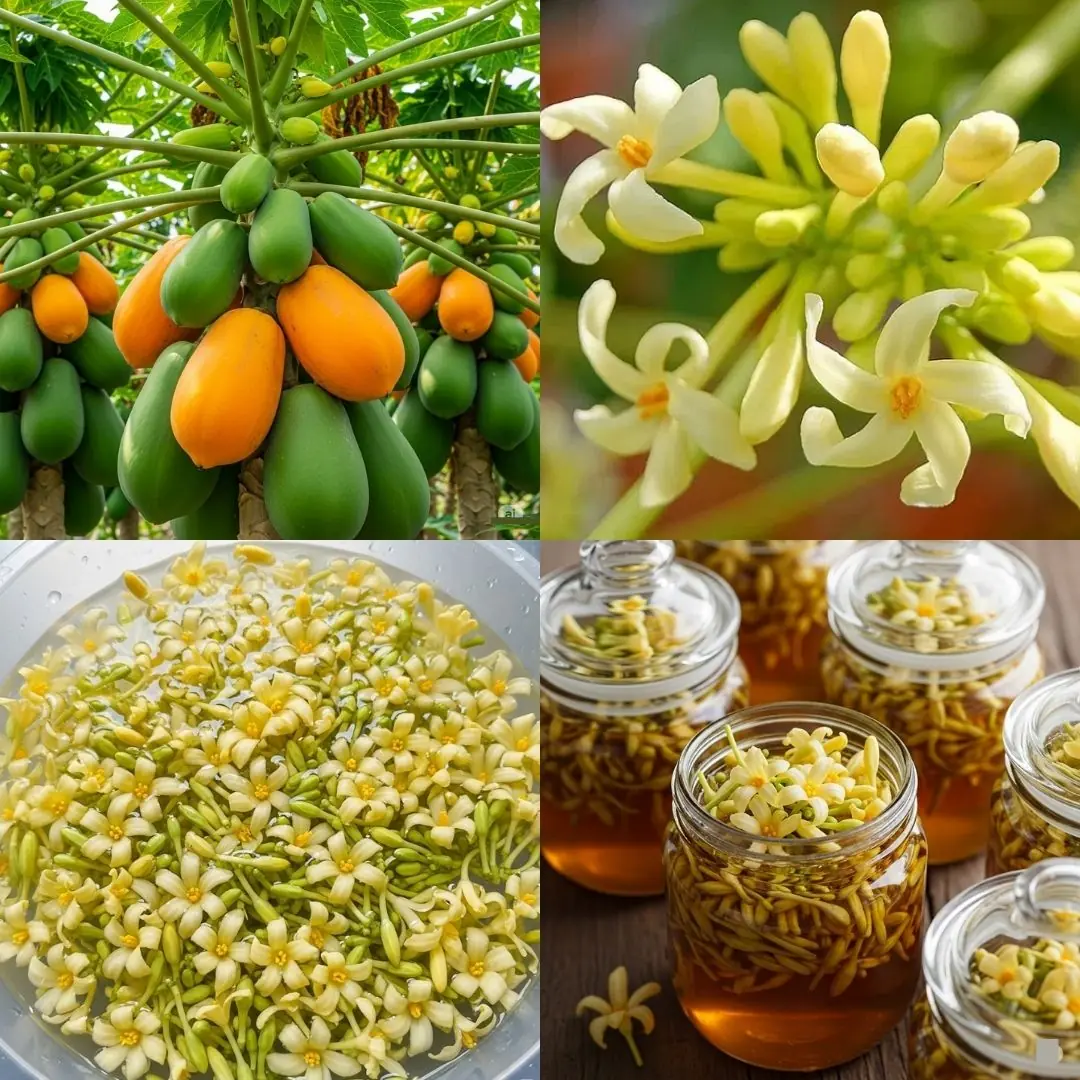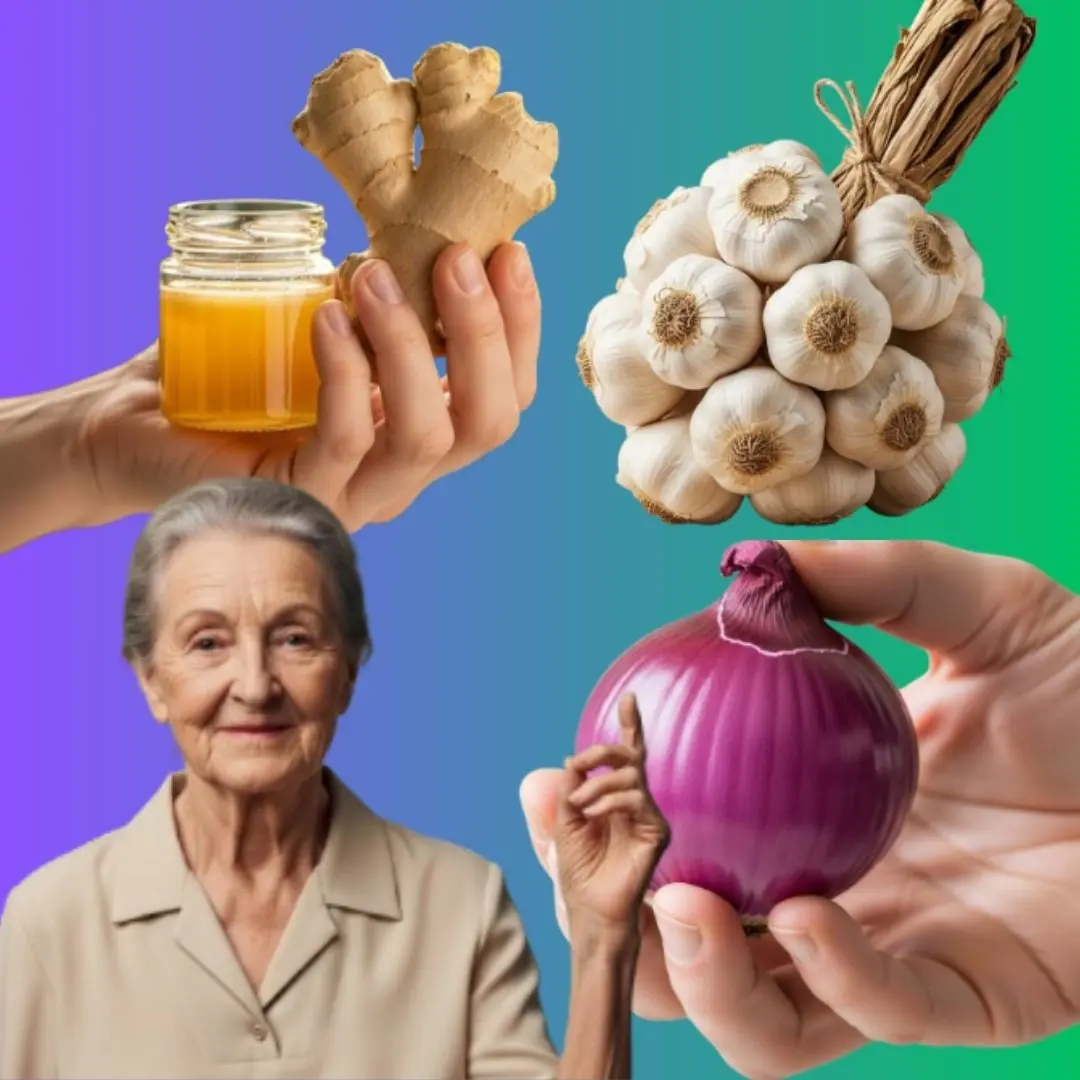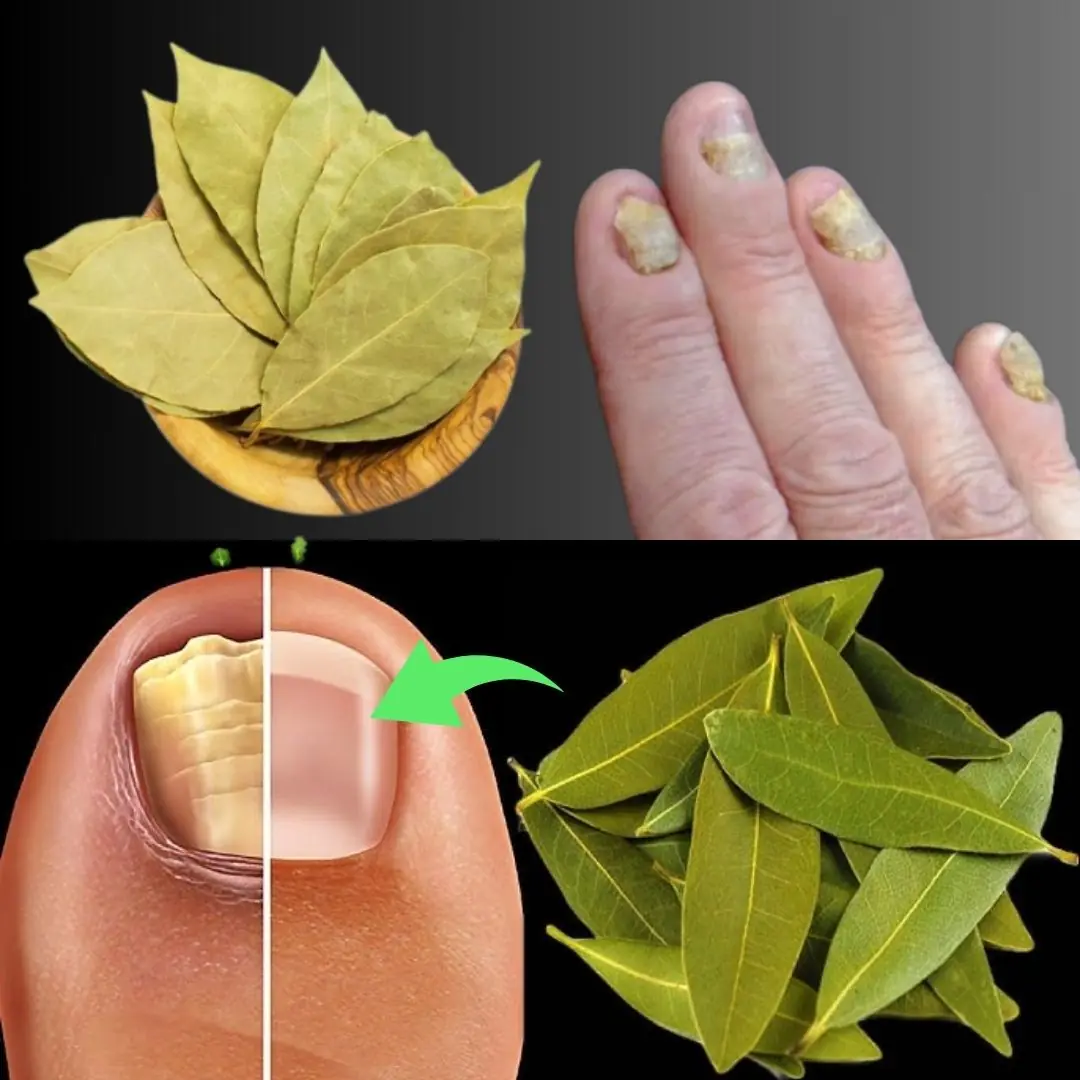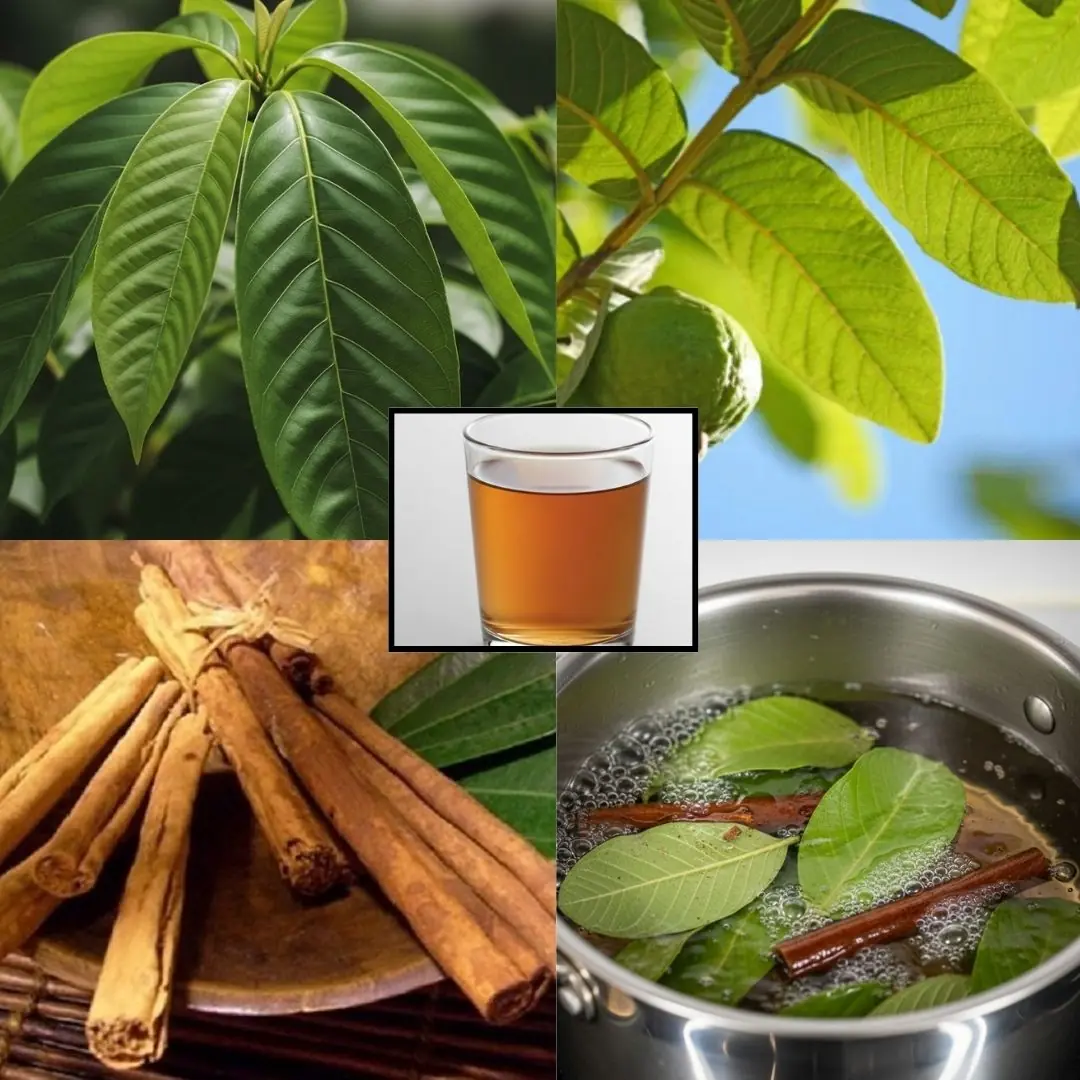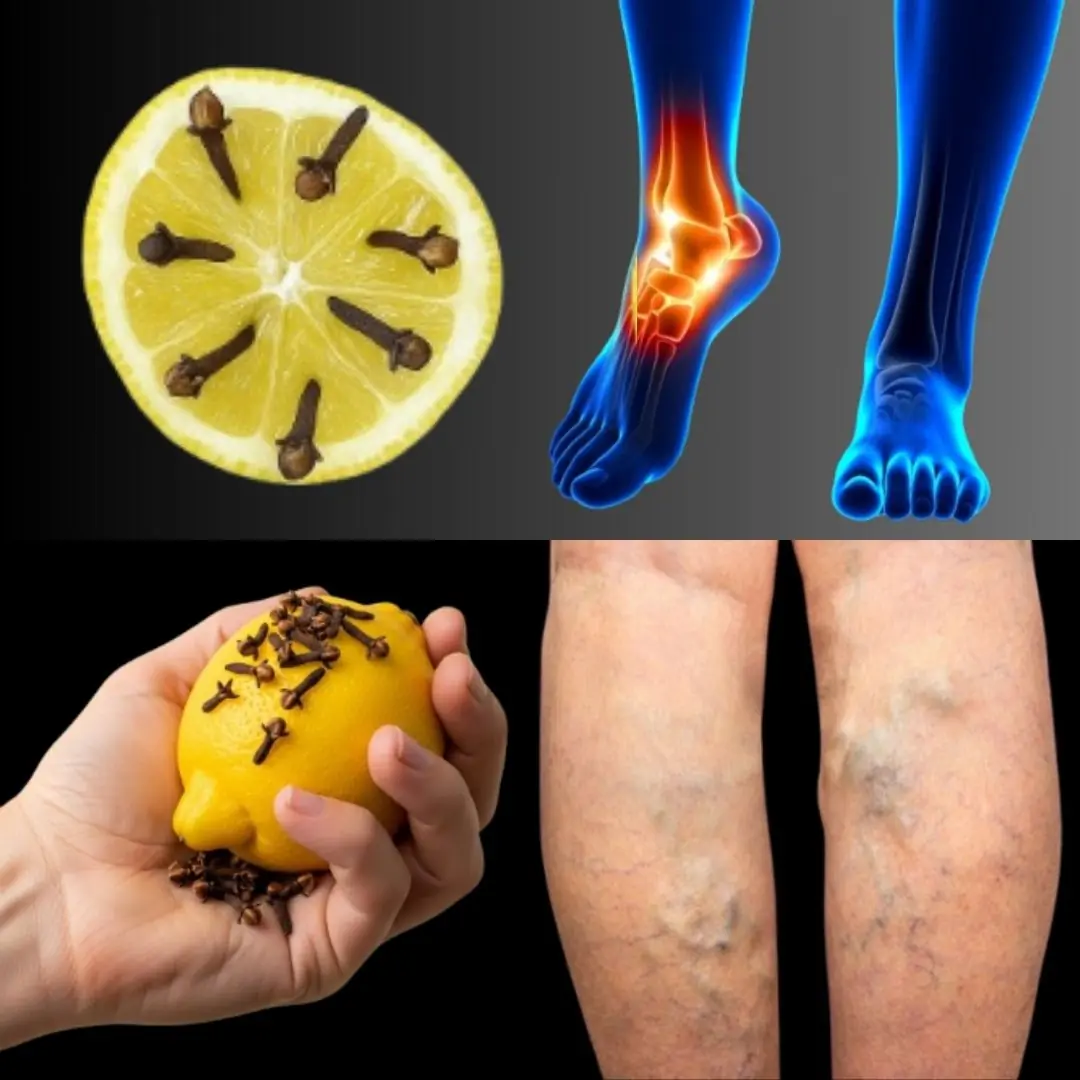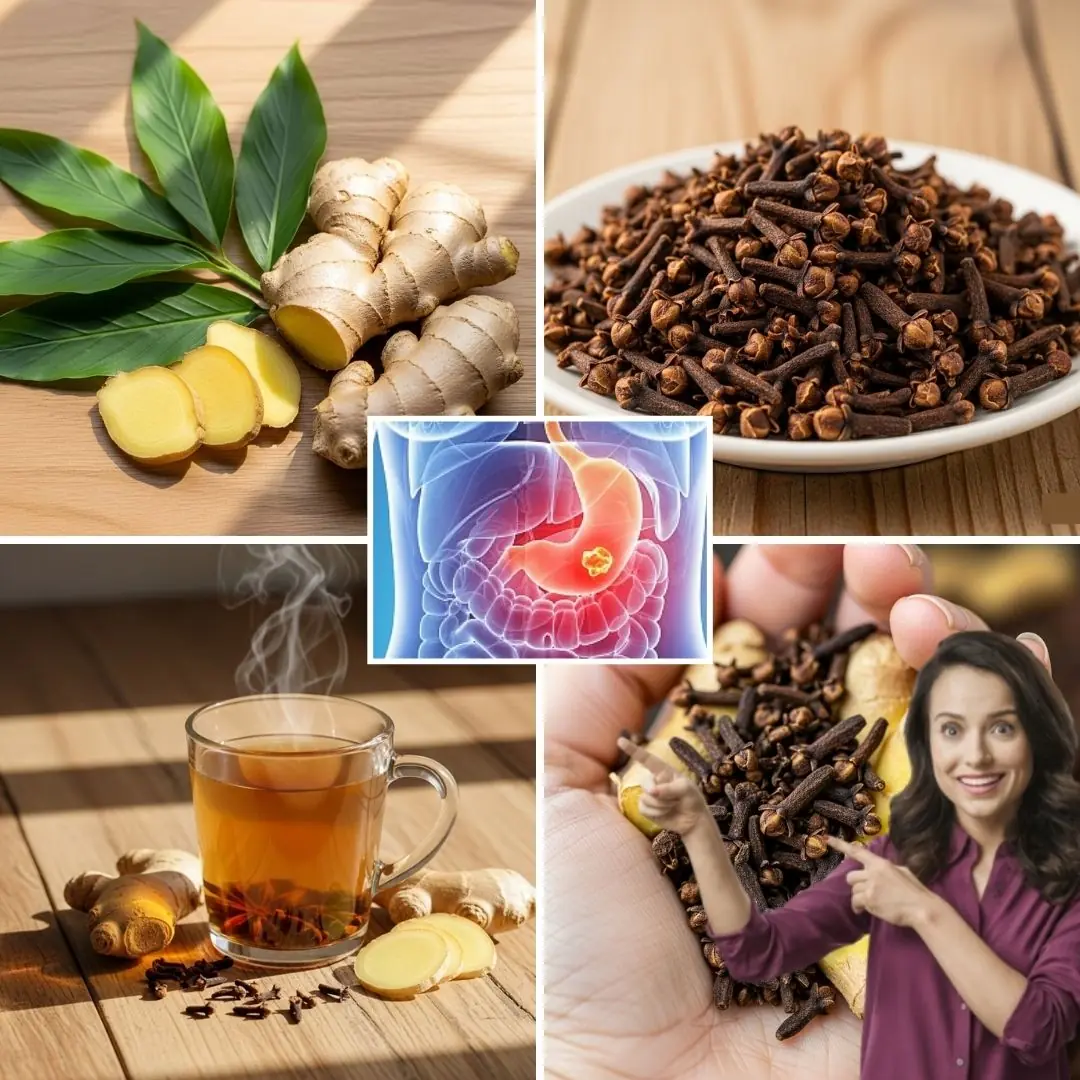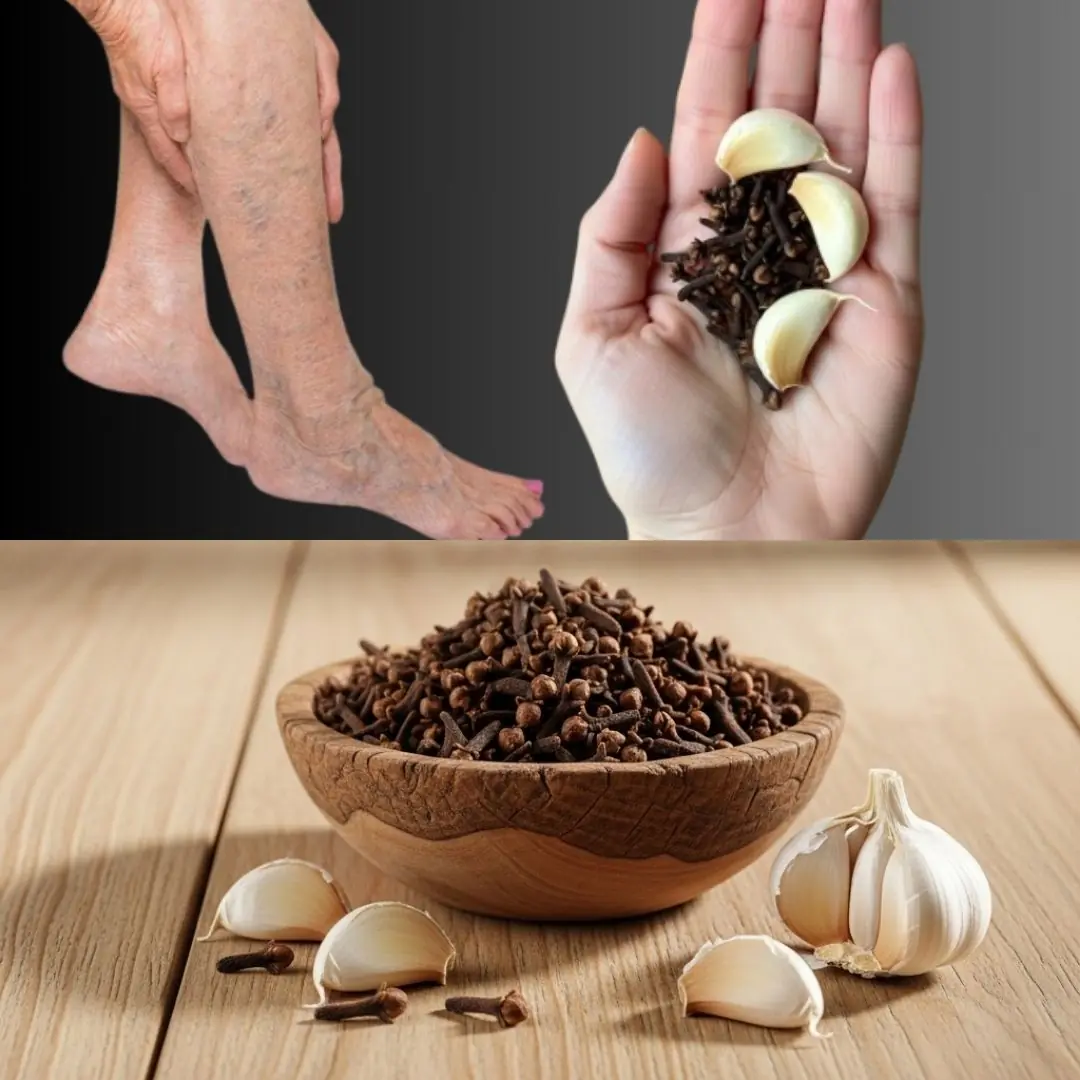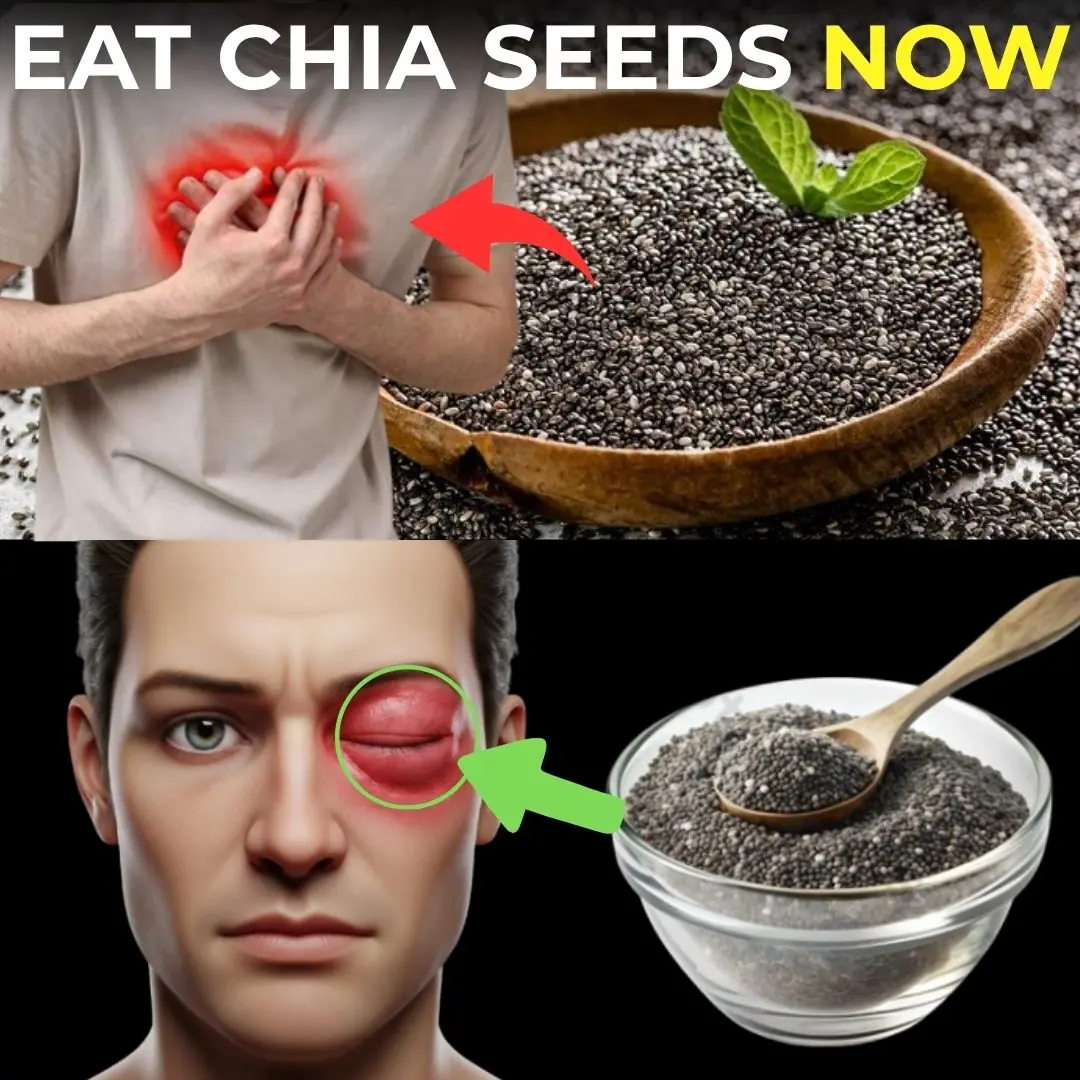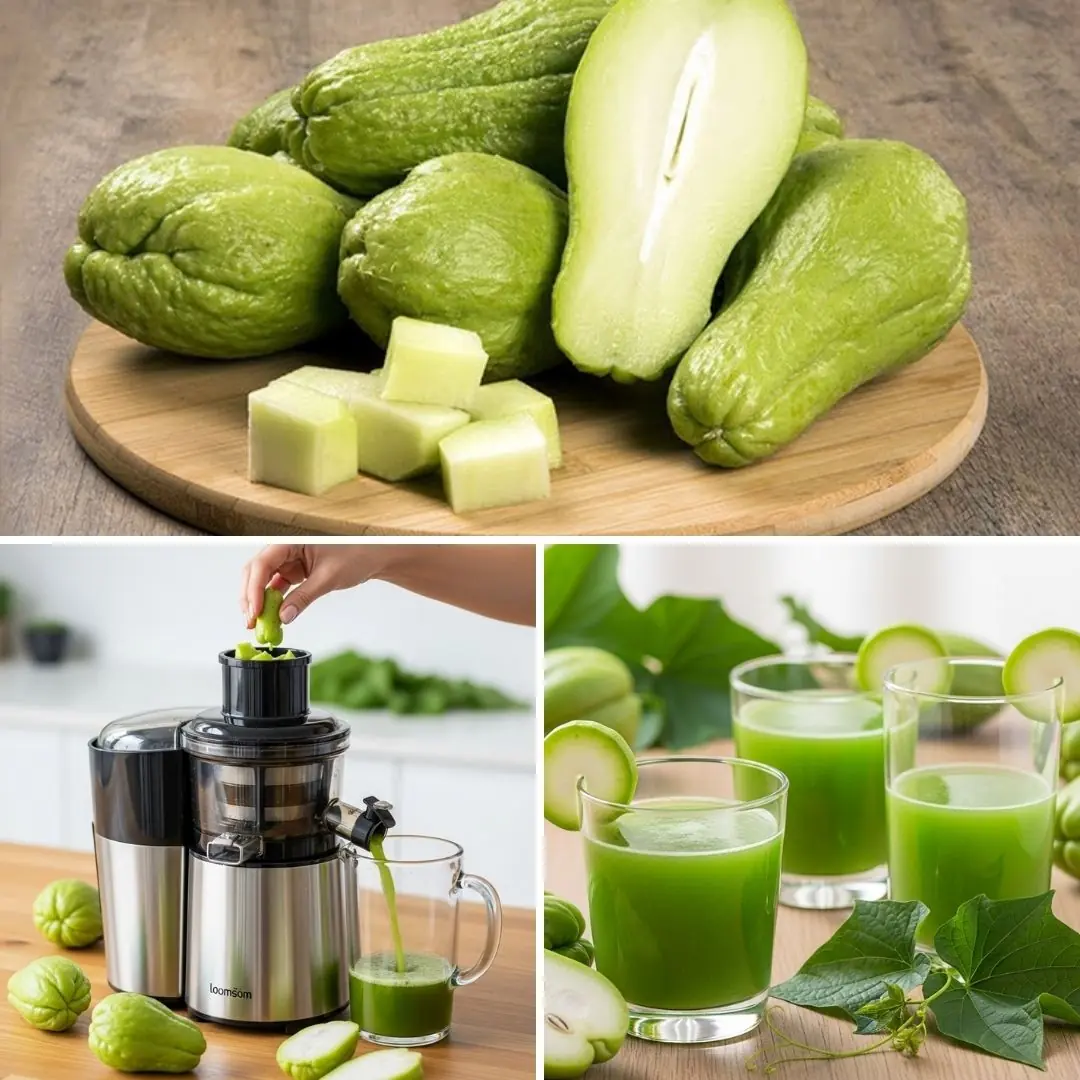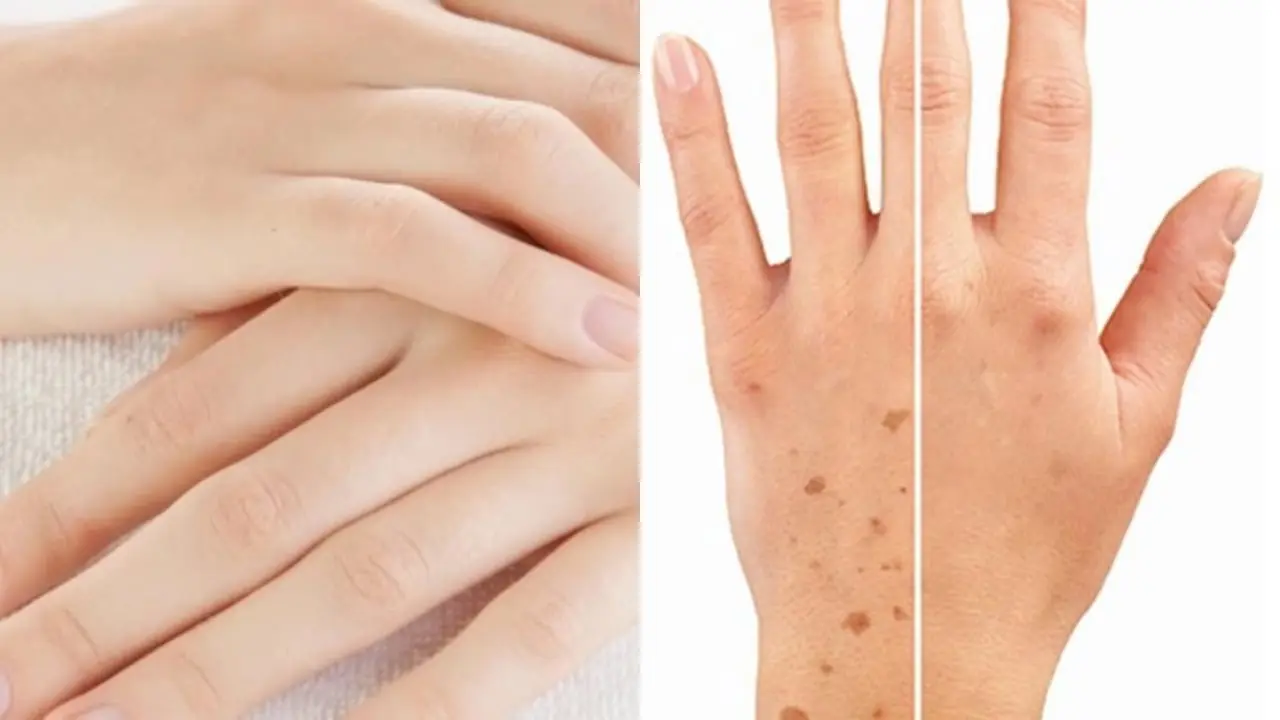Aloe Vera: Nature’s Multipurpose Healer for Skin and Health
Aloe vera is often seen as just a spiky green plant perched on a windowsill or a soothing gel tucked away in your bathroom cabinet—ignored until a sunburn sends you scrambling. But this humble succulent is far more powerful than its modest appearance suggests. Packed with natural healing properties, aloe vera can support a surprising range of everyday health, skin, and wellness concerns. From soothing burns to promoting digestive balance, aloe vera earns its place as a go-to remedy for countless households around the world.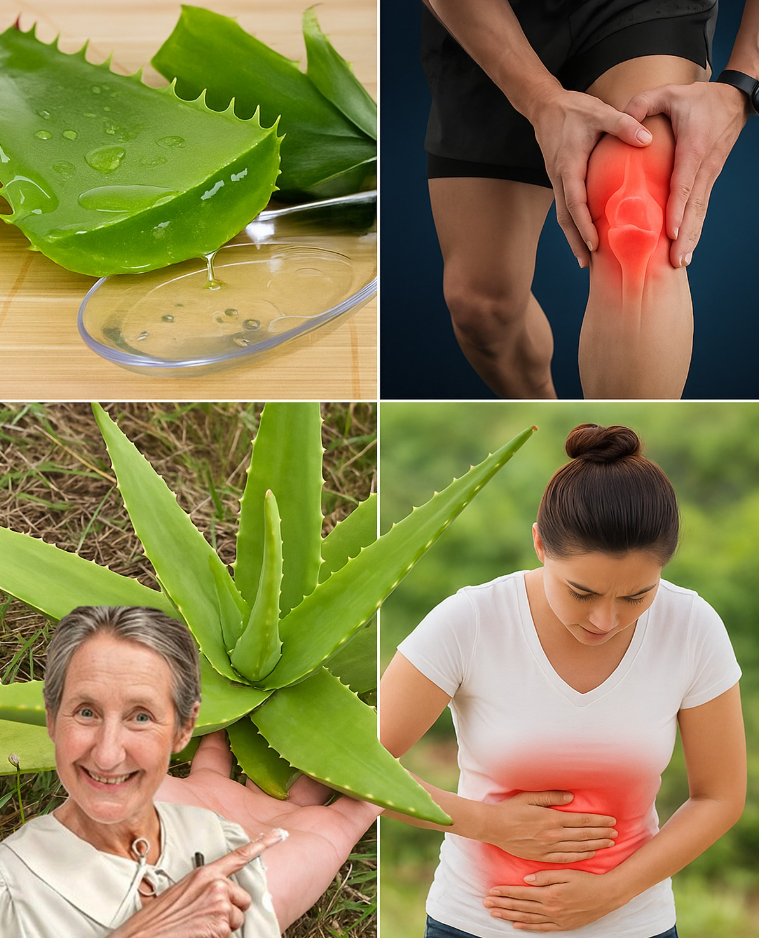
In this comprehensive guide, we’ll explore 16+ common problems aloe vera can help address, backed by scientific research, along with how to use it safely and effectively to enhance your overall well-being.
What Makes Aloe Vera So Remarkable?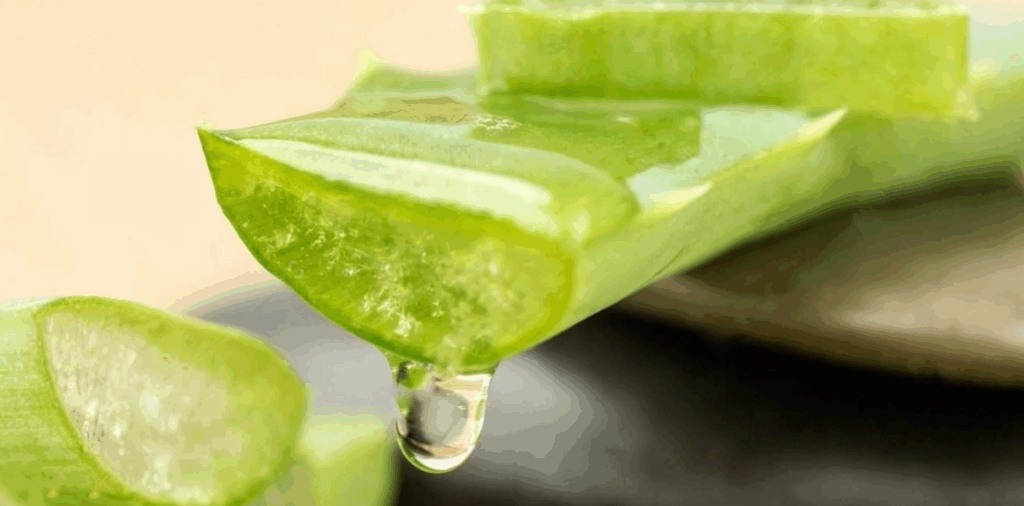
Aloe vera is a resilient succulent native to arid climates, known for its thick, fleshy leaves filled with a clear, nutrient-rich gel. It has been used for thousands of years across cultures—from ancient Egypt and Greece to traditional Chinese and Indian medicine—for its healing powers.
The gel inside the aloe leaf is rich in vitamins A, C, E, and B12, as well as folic acid, enzymes, amino acids, and minerals like calcium and magnesium. According to the Mayo Clinic and peer-reviewed studies, these compounds offer anti-inflammatory, antimicrobial, antioxidant, and moisturizing benefits.
A growing body of modern research, including findings from the Journal of Dermatology and the Journal of Ethnopharmacology, supports aloe's effectiveness for a variety of topical and internal applications.
Skin Conditions Aloe Vera May Help Treat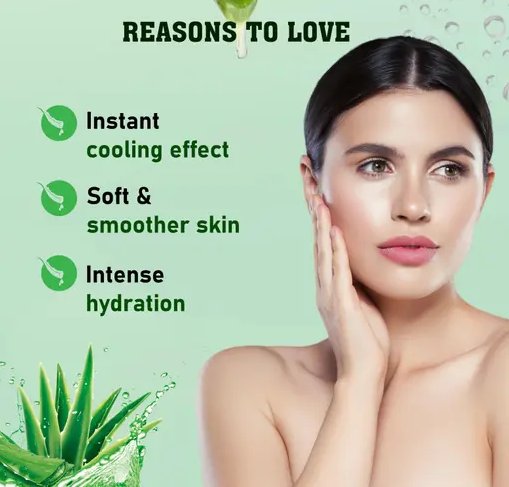
Aloe vera is most widely celebrated for its soothing and healing effects on the skin. Here are eight common skin issues where aloe vera may offer relief:
1. Sunburn Relief
Aloe vera is a time-tested remedy for sunburn. Its cooling sensation combined with anti-inflammatory compounds like acemannan helps soothe redness, pain, and heat. A study published in the Journal of Clinical Pharmacy and Therapeutics found that aloe gel accelerates healing in sunburned and mildly burned skin.
2. Minor Cuts and Scrapes
Thanks to its antiseptic and antibacterial properties, aloe gel can help prevent infection and speed healing when applied to small wounds. The Cleveland Clinic recommends applying it to cleaned skin to create a protective barrier.
3. Dry or Flaky Skin
Aloe vera’s gel is water-dense and naturally hydrating without being greasy, making it ideal for parched skin. According to WebMD, it absorbs quickly and may help restore the skin's natural moisture barrier.
4. Acne and Breakouts
Aloe’s antibacterial and anti-inflammatory properties may help reduce redness, swelling, and bacteria associated with acne. A study in the Journal of Dermatological Treatment found that combining aloe with acne medications improved skin clarity more than medications alone.
5. Eczema and Psoriasis Relief
Aloe vera may help reduce itchiness, redness, and irritation associated with chronic skin conditions like eczema and psoriasis. Harvard Health notes its gentle nature makes it a useful adjunct to prescription creams.
6. Razor Burn and Shaving Irritation
Aloe's natural cooling and healing effects soothe the skin after shaving, helping prevent razor bumps, stinging, and redness, according to the American Academy of Dermatology.
7. Insect Bites
For bug bites and stings, aloe’s anti-inflammatory compounds can reduce itching, swelling, and redness, providing fast-acting comfort—perfect for outdoor adventures or summer nights.
8. Minor Rashes and Skin Irritations
From allergic reactions to general irritations, aloe is gentle enough for most skin types. The Mayo Clinic reports it can be used on sensitive skin without causing further irritation.
Internal Health Benefits of Aloe Vera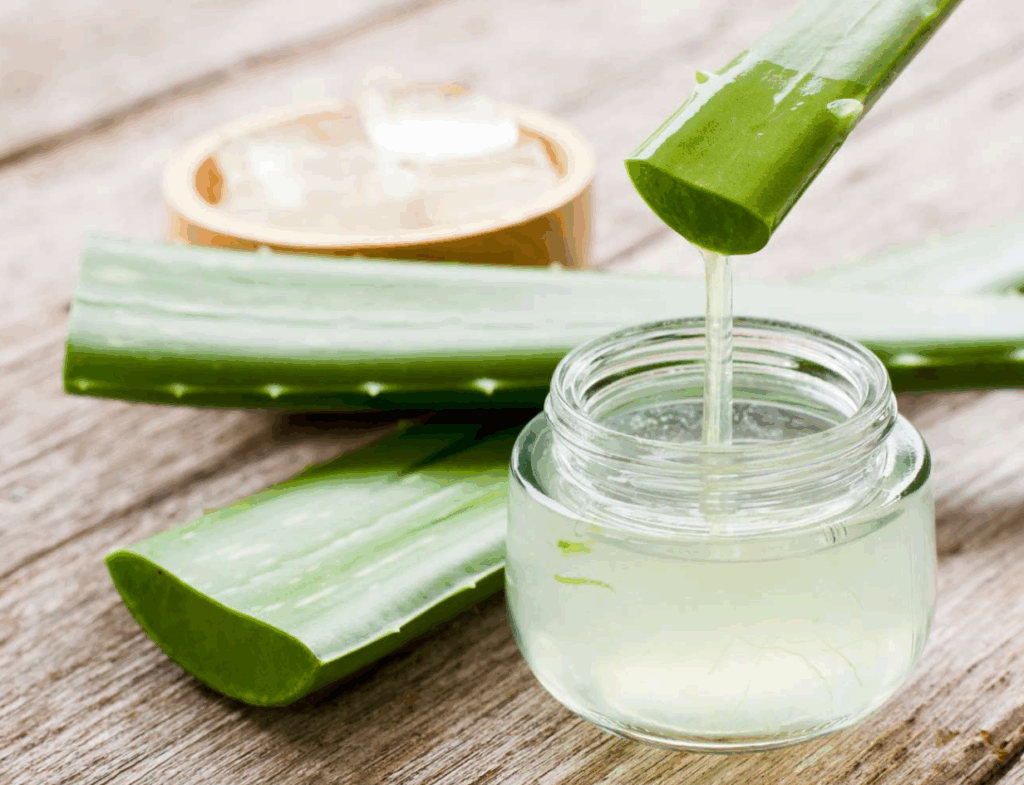
When consumed in moderation, aloe vera can also offer internal wellness benefits. Here are four areas where it may support better health:
9. Digestive Support
Aloe vera juice may act as a gentle natural laxative and promote healthy digestion. The Journal of Research in Medical Sciences found that small amounts of aloe juice may help alleviate occasional constipation by stimulating bowel movement.
Tip: Always use food-grade aloe vera juice and avoid long-term use due to potential laxative dependence.
10. Oral Health
Aloe vera is gaining traction in dental care. A Journal of Indian Society of Periodontology study found that aloe-based mouthwash was as effective as chlorhexidine in reducing dental plaque and gingivitis—without the harsh side effects.
11. Blood Sugar Regulation
Some research, such as a study in Phytotherapy Research, suggests that aloe may help support blood glucose control in people with type 2 diabetes. However, this should only be used under medical supervision, as results vary and interactions with medications are possible.
12. Relief from Occasional Heartburn
Aloe vera juice may soothe acid reflux and mild heartburn by calming the esophageal lining. WebMD recommends starting with a small dose to test tolerance and effectiveness.
Other Common Uses for Aloe Vera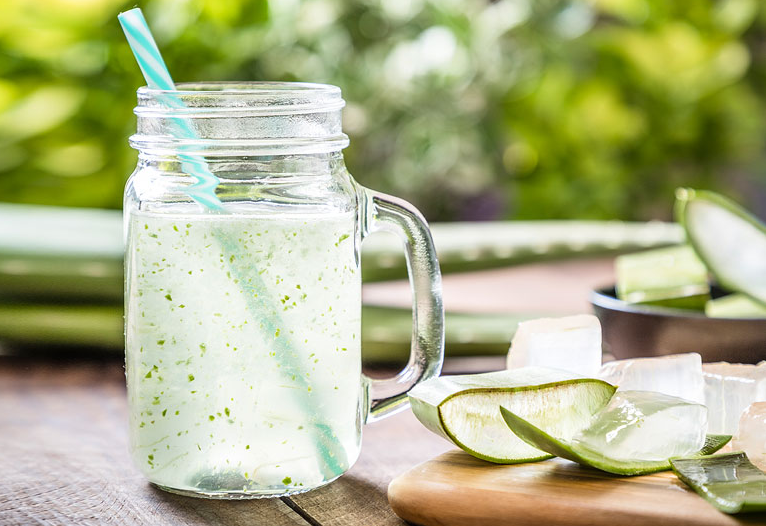
Aloe vera’s versatility doesn’t stop with skin and digestion. Here are four more issues where aloe may offer natural support:
13. Dandruff and Itchy Scalp
Aloe’s antifungal properties can help reduce dandruff by moisturizing the scalp and minimizing fungal growth. A study in the Journal of Dermatological Treatment found aloe-based shampoos effectively improved scalp flaking and itchiness.
14. Chapped or Cracked Lips
Pure aloe gel hydrates dry, cracked lips without the need for artificial ingredients. Apply throughout the day for protection and moisture, especially in dry or cold weather.
15. Minor Joint or Muscle Discomfort
While not a cure, topical aloe gel may reduce temporary inflammation and stiffness in joints or muscles. A study published in Phytomedicine observed mild anti-inflammatory effects that may help complement traditional treatments.
16. Hair Strength and Shine
Aloe can nourish the scalp, remove residue, and promote smoother, shinier hair. Used as a mask or in shampoo, it may also reduce itchiness or oil buildup, according to WebMD.
How to Use Aloe Vera Safely
Whether you’re using fresh gel from your plant or buying a ready-made product, here’s how to ensure safe and effective use:
Using Fresh Aloe Gel
-
Harvest: Cut a mature, outer leaf from the plant, wash it, slice it open, and scoop out the clear gel.
-
Apply: Smooth a thin layer over skin, or massage into the scalp. Leave on for 10–15 minutes before rinsing.
-
Store: Keep unused gel in an airtight container in the refrigerator for up to one week.
Using Aloe Juice
-
Choose Quality: Use only pure, organic aloe vera juice designed for internal use.
-
Start Slow: Begin with 1–2 oz per day, diluted with water or juice.
-
Read the Label: Avoid added sugars, preservatives, or artificial colors.
General Safety Tips
-
Patch Test First: Apply to a small area of skin to check for reactions.
-
Avoid Excessive Use: High doses of aloe juice may cause diarrhea, dehydration, or imbalances in electrolytes.
-
Consult a Doctor: Especially if pregnant, nursing, on medications, or managing chronic illness.
-
Pick Clean Products: Look for “100% aloe vera” on labels and avoid unnecessary additives.
When to See a Doctor
Aloe vera is not a replacement for professional medical care. You should consult a healthcare provider if:
-
A skin issue worsens or shows signs of infection (e.g., swelling, pus, or redness).
-
You experience side effects from ingesting aloe juice.
-
You are unsure about drug interactions or your individual health risks.
-
You notice new or changing skin conditions that could indicate something serious, like skin cancer.
According to the American Academy of Dermatology, persistent skin issues warrant an expert opinion, and regular health checkups can catch underlying concerns early.
Tips for Integrating Aloe Vera Into Daily Life
To get the most from aloe vera, try these easy and practical ideas:
-
Grow Your Own Plant: Aloe is low-maintenance and grows well in sunny windowsills.
-
Mix Into Skincare: Combine with your favorite moisturizers, face masks, or serums.
-
Add to Smoothies: A small dose of aloe juice in a fruit smoothie adds a gentle health boost.
-
Use Aloe-Based Products: Look for shampoos, conditioners, lotions, and face creams with aloe as a top ingredient.
-
Be Consistent: Results are subtle and gradual, so apply regularly and give it time to work.
Final Thoughts
Aloe vera is more than just a decorative plant or a quick sunburn fix—it’s a versatile, natural remedy supported by science and centuries of traditional use. Whether you're applying it to soothe irritated skin, drinking it to support digestion, or adding it to your beauty routine, aloe vera has something to offer nearly everyone.
Used thoughtfully and consistently, it can become a key part of your natural wellness toolkit. Have you tried aloe vera for yourself? Share your favorite tips or success stories—or pass this along to a friend who could benefit from this green




